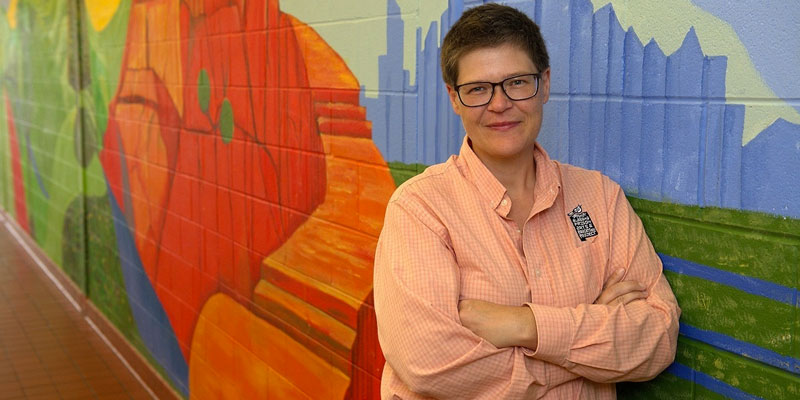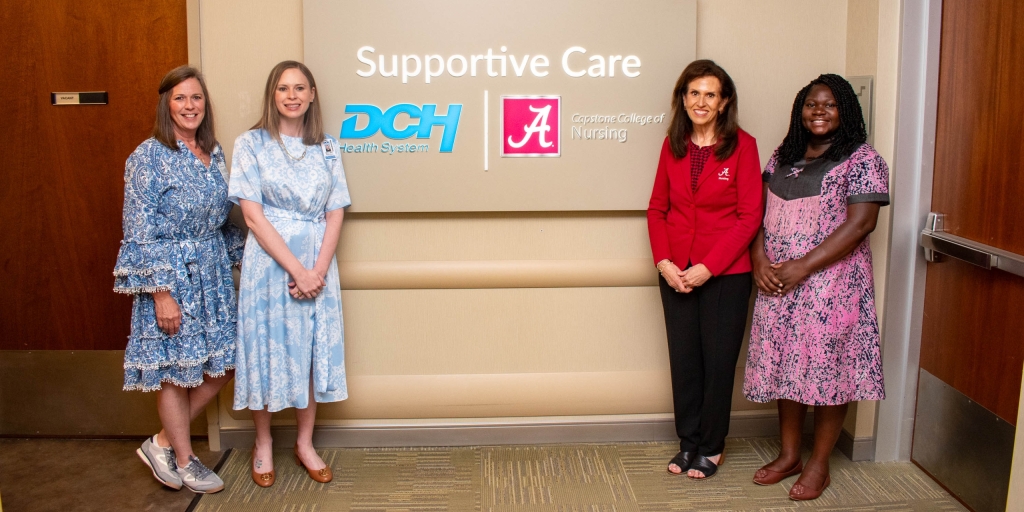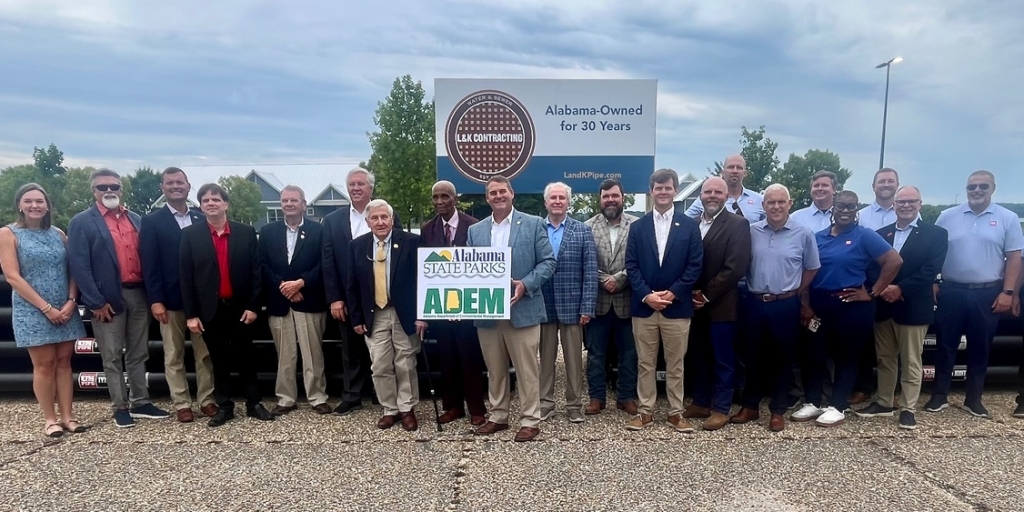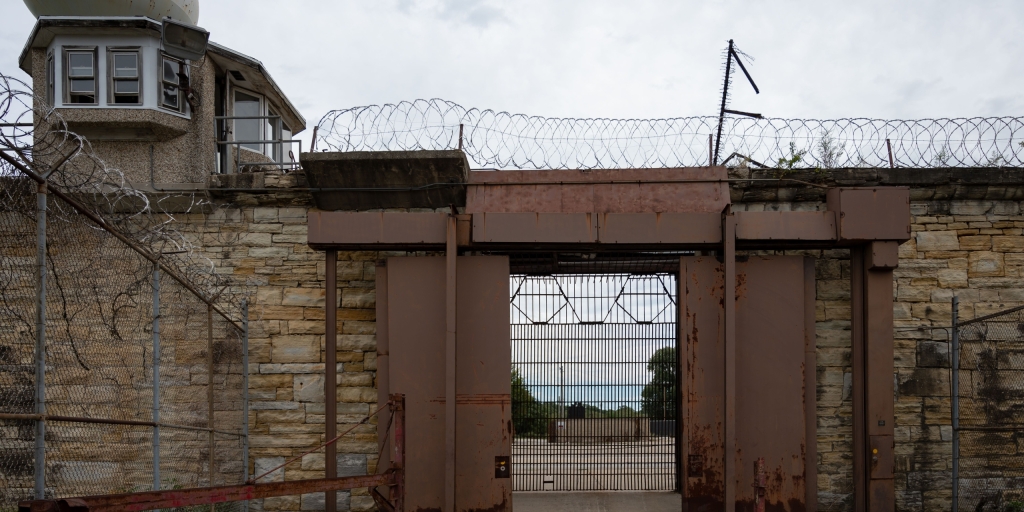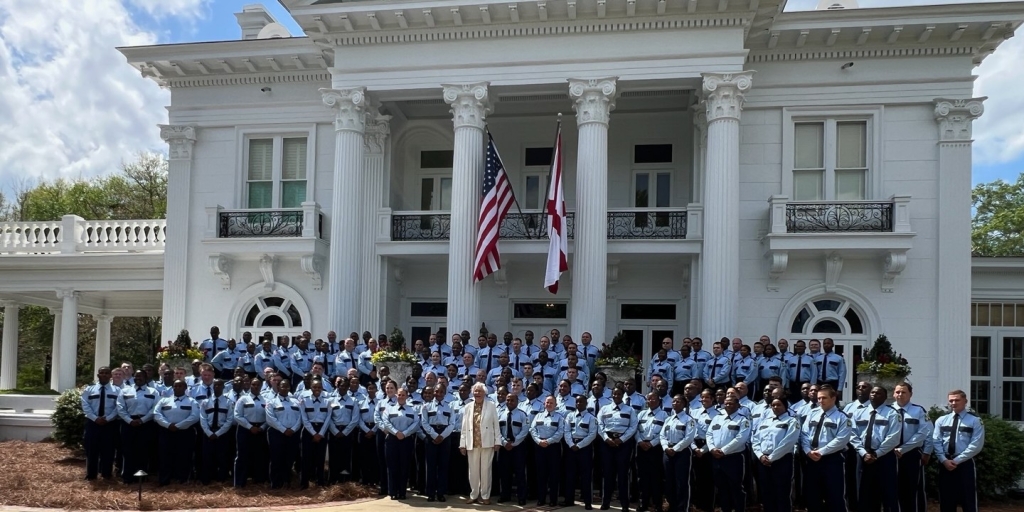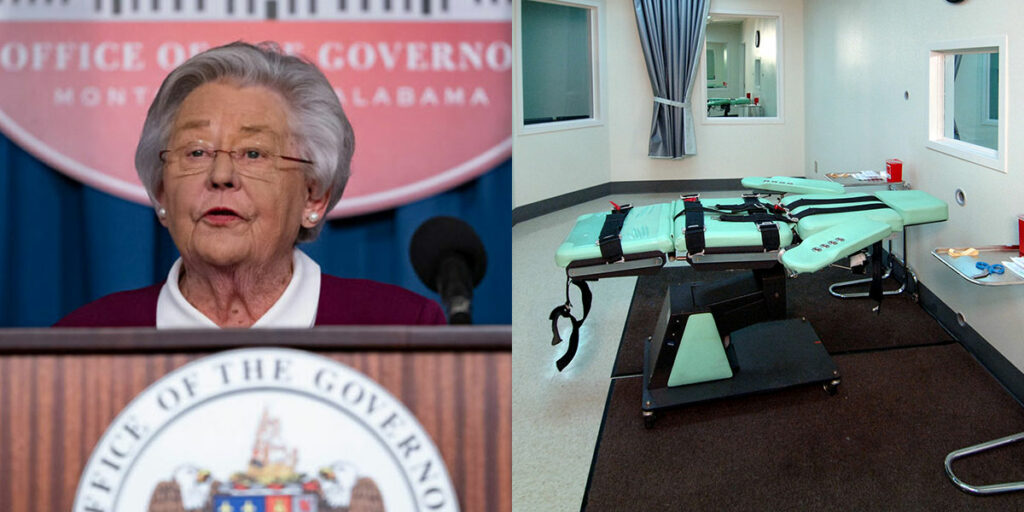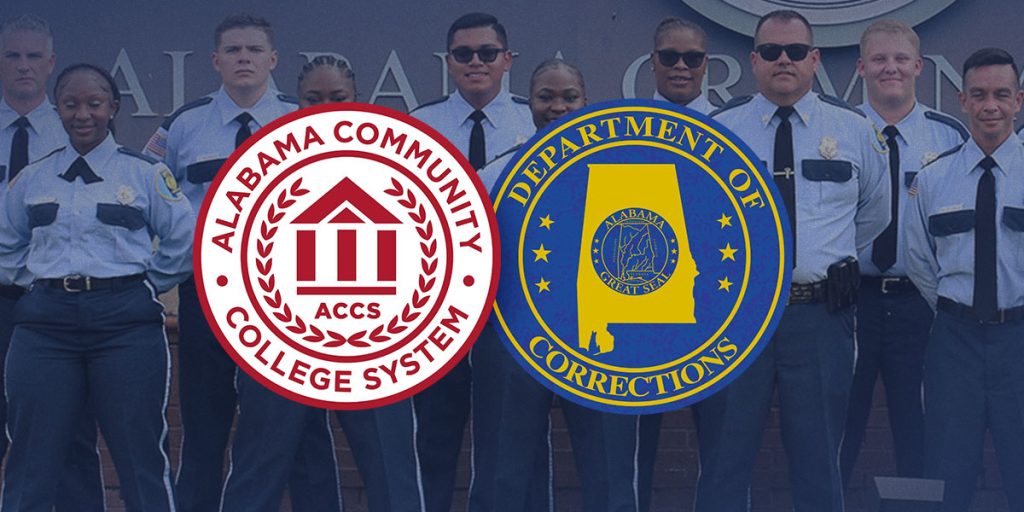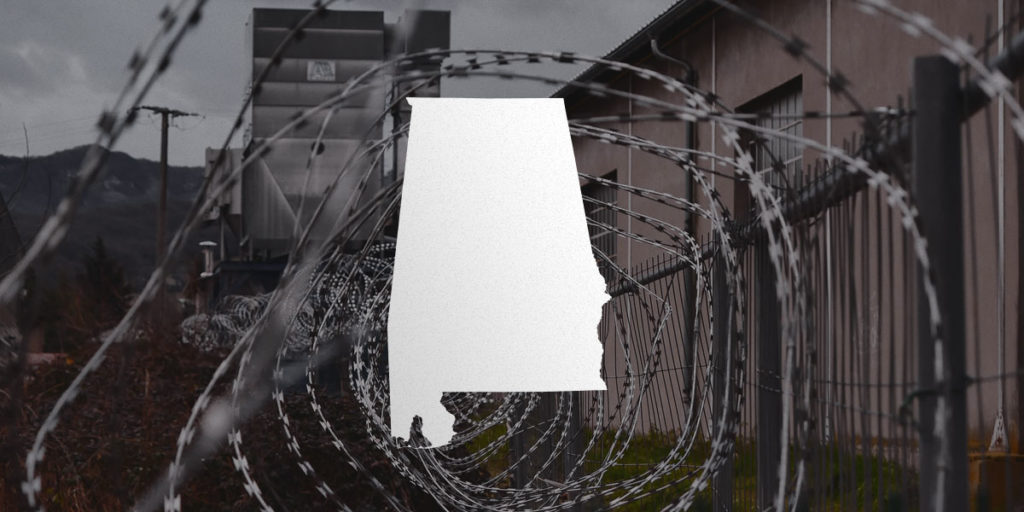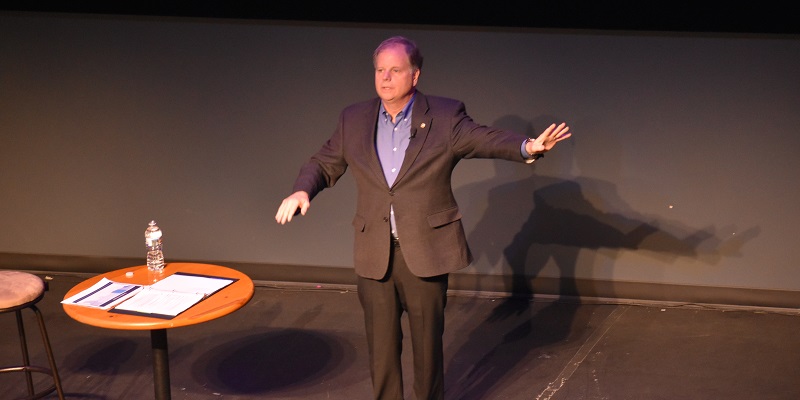Kyes Stevens has been a part of educating some 5,000 students since 2002, and they’ve all been the epitome of nontraditional.
In fact, they’ve all been prisoners or inmates with the Alabama Department of Corrections.
“Prisons are complicated,” Stevens said. “All kinds of people are there. Whatever their circumstance, I assume they want to learn. They want a better future and have dreams and goals. Their situation doesn’t mean we should stop treating them like human beings.”
Stevens has never asked what her students did to land behind bars. It has never mattered to her and it never will.
“They want to learn. That’s it,” she said.
For her work as founder and director of the Alabama Prison Arts + Education Project at Auburn University, Stevens was recognized with the Award for Excellence in Faculty Outreach at the 2018 Faculty Awards.
Starting from somewhere
It’s a series of fortunate events, really, that led Stevens to prison. That may seem peculiar, but there is a perfectly reasonable explanation.
Born and raised in the tiny, rural town of Waverly, Alabama, Stevens was the product of what she calls a “middle-class, nerdy family.” Generations before her put so much stock in education — the family’s connections to Auburn University date back to the early 1900s — it is no surprise that her two grandmothers earned advanced degrees, despite societal expectations that they be nothing more than homemakers.
This “long line of very strong women” and intrinsic value for education prompted the family to send Stevens to Brookstone School, a private college preparatory school in Columbus, Georgia, for two years of high school.
She followed her family line to Auburn before striking out on her own for graduate school at Sarah Lawrence College in New York City, where she earned a master’s in women’s history and a Master of Fine Arts in poetry. Stevens returned to Bronxville last May to deliver the graduate commencement address.
While finishing her time in New York, she realized she “had the perfect mindset to go home and make change.” So with two graduate degrees, tons of student loans and no job, she returned home to Alabama.
Stevens said she worked any job she could find until 2001, when the Talladega Federal Prison received a fellowship from the National Endowment for the Arts and the U.S. Department of Justice for someone to teach poetry in prison. But no poet in Alabama wanted to teach in prison.
Except Stevens.
Providing access
Stevens didn’t shy away from the opportunity. She could teach poetry, a medium she loved since she was a “little bitty kid.”
Prison was simply the classroom, a means to encourage creativity through access.
Stevens may have grown up idealistic, but all her years in Alabama and New York exposed some hard truths about the world. There is a disconnection between the poor and the middle class, the haves and the have nots. A lack of access — to jobs, education, assistance and the like — perpetuate this great divide.
Some people struggle to feed their family or pay the power bill. Some will break the law in order to provide basic needs like food, shelter and clothing.
That year in Talladega confirmed to Stevens that inequity exists, particularly between classes and race, and access is a luxury.
“How do you create access to those society doesn’t give access to?” she questioned.
This awakening prompted Stevens to create what would become the Alabama Prison Arts + Education Project, or APAEP, in 2002.
Initially it was just her, teaching poetry, at Tutwiler Prison in Wetumpka. APAEP is now in 10 of Alabama’s 18 prisons. Classes in the arts, humanities and STEM subjects — science, technology, engineering and math — are offered.
Since Jan. 1, 2017, students at Staton Correctional Facility in Elmore County have had the opportunity to take Auburn University credit classes, taught by Auburn faculty. Twenty-five students are enrolled and 15 more will begin classes soon.
Through the Second Chance Pell program, Auburn and other colleges and universities across the country are offering postsecondary educational programs to incarcerated people by providing them access to financial aid. By increasing access to high-quality educational opportunities, the goal is to help these people successfully transition out of prison and back into the classroom or the workforce.
“It’s the responsibility of a university to help people, and not just the easy ones,” Stevens said.
NPR Online and NPR Radio recently shined light on the program as part of its ongoing series, The Changing Face of College.
Stevens is no longer the only teacher. Since its inception, APAEP has used more than 175 faculty members from Auburn, Auburn University Montgomery, the University of Alabama and the University of Alabama at Birmingham.
The faculty and students are part of an educational process that reaches far beyond the confines of each prison. Besides the students themselves, the families are heavily influenced by the program. Stevens said having a parent in school opens doors for the children.
“They talk about math equations over the phone,” she said. “That’s what they talk about with their kids.”
A further example of the reach of APAEP is drawing class. Students started taking drawing in 2004, and by the following year their work was on display at a public art show.
Pieces have been sold every year since and the profits always go back into the program.
“Those students who donate their work are investing in someone else’s ability to have an opportunity,” Stevens said. “That’s pretty powerful.”
Changing lives
The National Endowment for the Arts continues to fund APAEP because the agency recognizes the value art has on people’s lives.
Just look at what art did for Stevens. Her family was the driving force behind her formal and informal education, but she steered her future. Poetry made her a teacher, the kind of teacher who welcomes every student into the classroom and encourages them all to try.
Stevens has used the APAEP model to help build the national Alliance for Higher Education in Prison. She met several times with members of the Obama administration at the White House to discuss the role of higher education in criminal justice reform. This spring, she was invited to a conference at Harvard University to help the administration envision what higher education in prison could look like for the institution.
Back home, Stevens is known for saving animals, primarily cats. She estimates she has rescued more than 150 felines. She recently found two dogs.
“What was I supposed to do?” she asked. “Leave them to be run over on [U.S. Highway] 280? No. I have to try. I cannot not try.”
This story originally appeared on Auburn University’s website.
(Courtesy of Alabama NewsCenter)




